Diabetic Socks - The Ultimate Guide
What Are Diabetic Socks?
Diabetic socks are specially designed to reduce the risk of foot injuries, improve comfort, and promote healthy circulation in individuals with diabetes. These socks are often seamless, non-binding, and made from moisture-wicking materials to prevent irritation and protect sensitive skin. The unique design helps address common foot issues associated with diabetes, such as neuropathy, poor circulation, and increased risk of infections.

Who Needs to Wear Diabetic Socks?
Diabetic socks are recommended for individuals with diabetes who are at risk of foot complications. This includes people with:
Neuropathy (nerve damage) causing reduced sensation in the feet
Poor blood circulation
Foot ulcers or a history of foot ulcers
Swelling in the legs or feet
Skin that is prone to irritation or infection
Even if you don’t currently have foot complications, wearing diabetic socks can be a preventative measure to maintain foot health.
What Are the Benefits of Wearing Diabetic Socks?
Wearing diabetic socks offers several benefits, including:
Enhanced Comfort: Soft, padded designs reduce friction and prevent blisters.
Improved Circulation: Non-binding tops prevent restriction and support better blood flow.
Moisture Control: Moisture-wicking fabrics keep feet dry, reducing the risk of fungal infections.
Protection: Seamless construction minimizes the risk of skin irritation or cuts.
Support: Some socks offer mild compression to reduce swelling and promote healthy circulation.
Are There Different Types of Diabetic Socks?
Yes, diabetic socks come in various types to meet different needs:
Compression Socks: Provide mild compression to reduce swelling and improve circulation.
Moisture-Wicking Socks: Made from materials like bamboo, cotton blends, or synthetic fibers to keep feet dry.
Gel Socks: Offer additional cushioning to protect sensitive areas of the foot.
Sliver Socks: Feature antimicrobial properties to prevent odour and infections.
How Do I Know What Size I Need for Diabetic Socks?
Choosing the correct size is crucial for comfort and effectiveness. Here are some tips:
Measure Your Foot: Use a tape measure to determine the length and circumference of your foot and leg.
Check Size Charts: Refer to our manufacturer’s size chart, as sizing may vary between brands.
Ensure a Snug Fit: The socks should fit snugly without being tight or restrictive.
Consider Special Features: If you have swelling, look for socks with extra stretch.
How Do I Wash My Diabetic Socks?
Proper care of diabetic socks can extend their lifespan and maintain their effectiveness:
Read the Label: Follow the manufacturer’s care instructions.
Use Mild Detergents: Avoid harsh chemicals that can damage the fibers.
Wash in Cold or Warm Water: Prevent shrinkage and maintain elasticity.
Air Dry or Tumble Dry on Low: High heat can degrade materials over time.
How to Get Help With Diabetes
If you’re managing diabetes, there are resources available to support your health:
Consult Your Doctor: Regular check-ups ensure proper management of your condition.
Visit a Podiatrist: For specialised foot care and advice on footwear.
Join Support Groups: Connect with others to share experiences and tips.
Access Educational Resources: Learn more about managing diabetes through trusted organizations like the American Diabetes Association (ADA).
Diabetic Socks FAQ's
What are diabetic socks?
Diabetic socks are specially designed socks to reduce the risk of foot injuries, improve circulation, and provide maximum comfort for individuals with diabetes.
How are diabetic socks different from regular socks?
Diabetic socks often have non-binding tops, moisture-wicking materials, seamless toes, extra padding, and antimicrobial properties to protect sensitive feet and prevent complications.
Why should people with diabetes wear diabetic socks?
People with diabetes are prone to poor circulation, nerve damage (neuropathy), and foot infections. Diabetic socks help reduce these risks by promoting circulation, preventing blisters, and keeping feet dry.
What features should I look for in diabetic socks?
Look for non-binding cuffs, seamless toes, moisture-wicking fabrics, extra cushioning, and antimicrobial properties to protect against irritation, blisters, and infection.
Conclusion
Diabetes socks are an essential tool for individuals with diabetes to maintain foot health and prevent complications. With their specialised features, these socks provide comfort, protection, and support tailored to the needs of diabetic patients. Choosing the right type, size, and care routine can make a significant difference in overall foot health. If you have concerns or questions, consult a healthcare professional to guide you in selecting the best diabetic socks and managing your diabetes effectively.


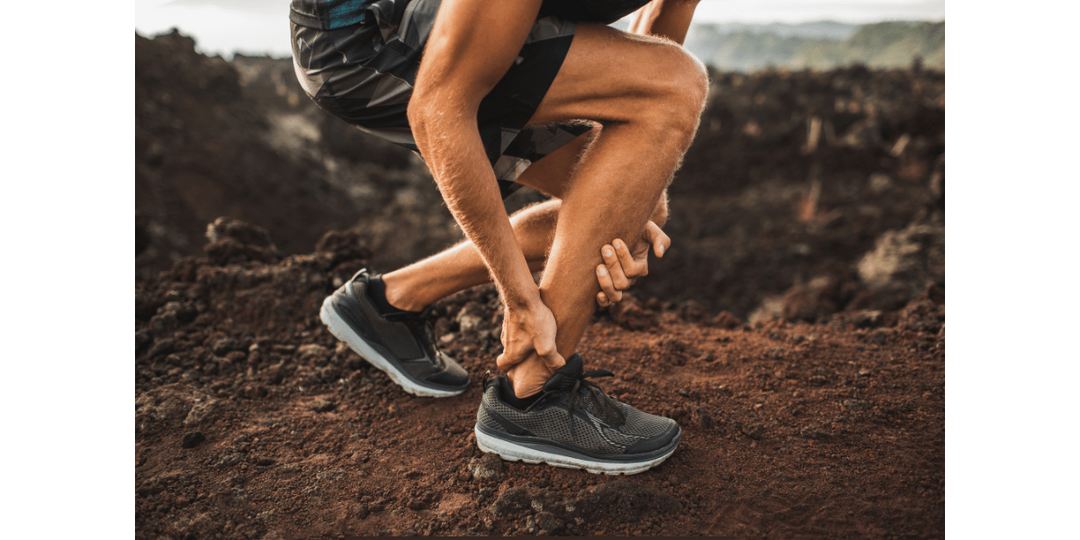
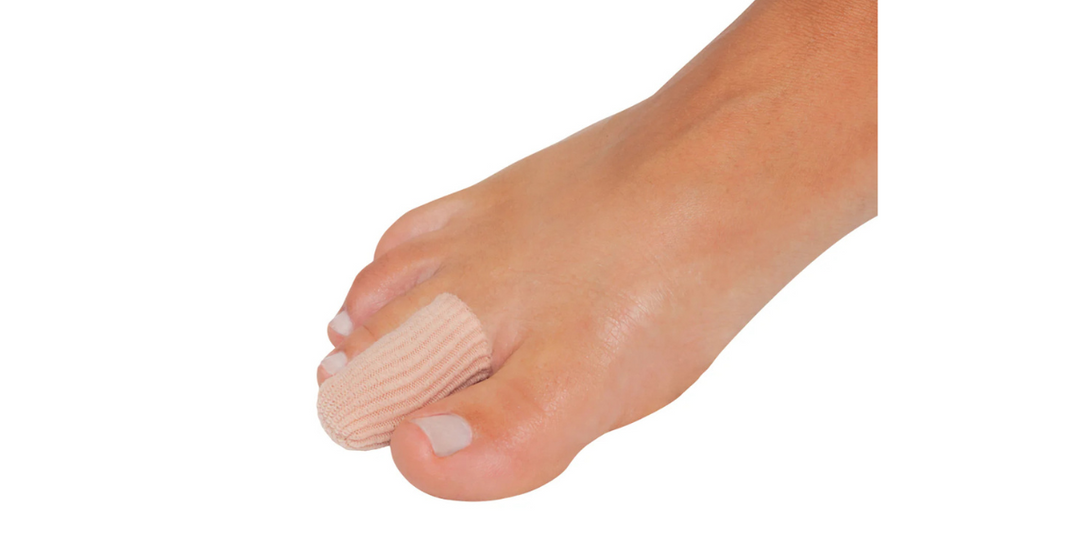
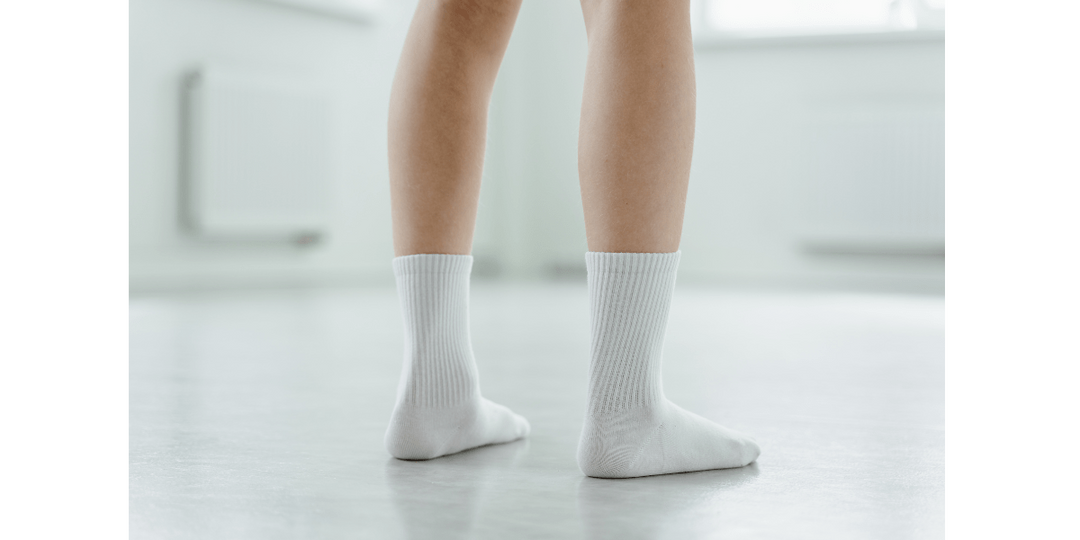
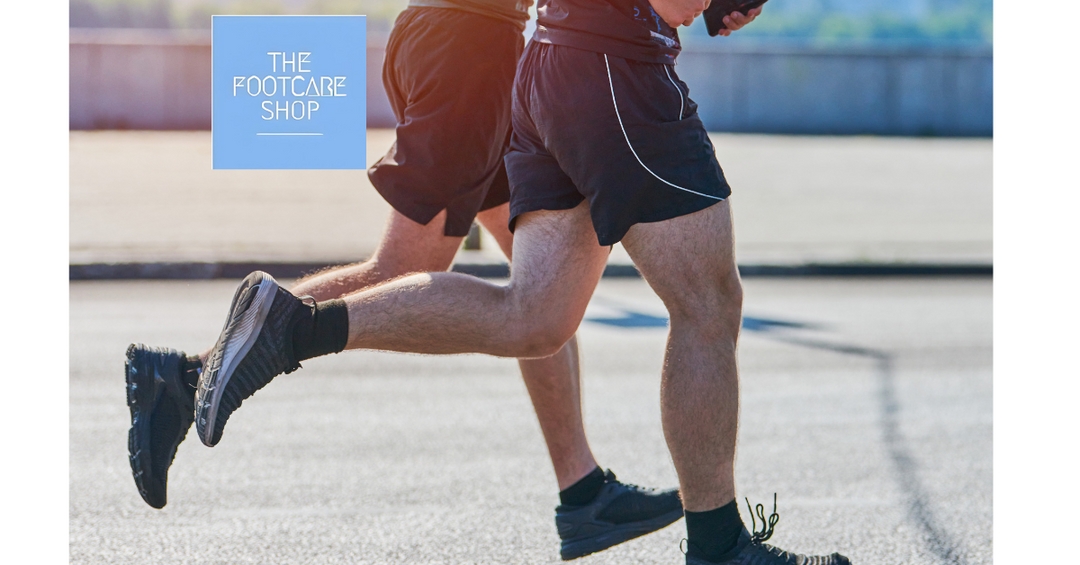
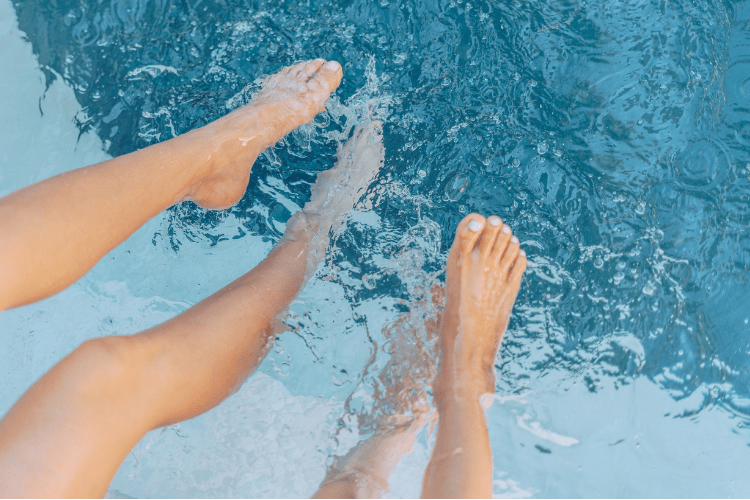


Leave a comment